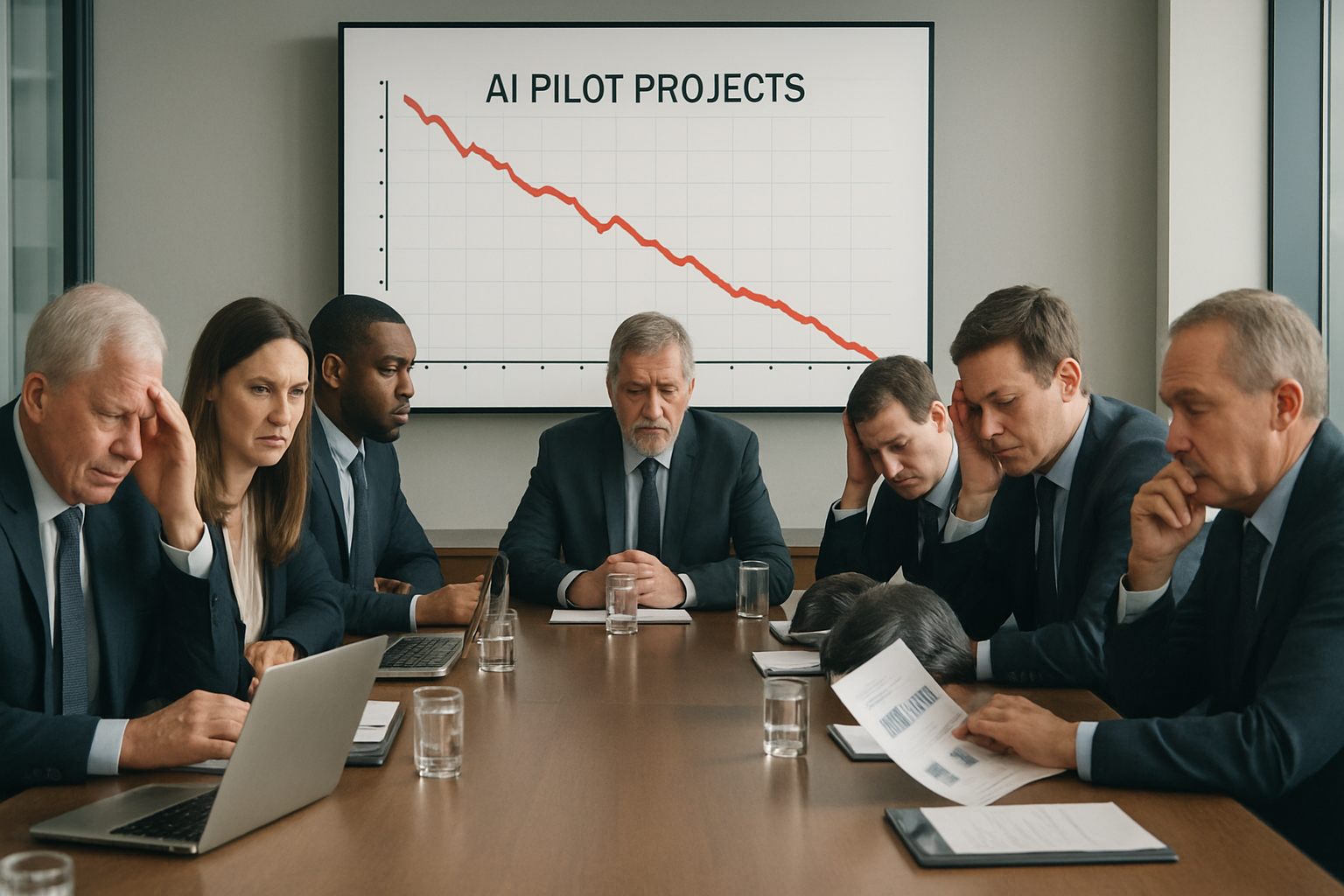There's something brewing at IonQ that's catching my eye—and no, it's not their quantum breakthroughs. It's the decidedly old-school story of executives saying one thing publicly while their stock trading plans whisper something else entirely.
Here's the kicker: CEO Niccolo de Masi has set up a plan to sell off—wait for it—97% of his holdings. Not a typo. His predecessor Peter Chapman isn't far behind, planning to divest about 88% of his shares.
That's not a haircut. That's a scalping.
Now, I've covered tech companies for years, and sure, executives sell shares all the time. Diversification, new vacation homes, divorce settlements—the reasons are as varied as they are mundane. But when you're dumping virtually your entire stake? That's when my reporter senses start tingling.
The mechanism here is worth understanding. These are Rule 10b5-1 trading plans, disclosed in IonQ's latest quarterly report. They're perfectly legal arrangements that let insiders sell shares on a predetermined schedule without running afoul of insider trading rules. There's a mandatory 90-day cooling period, meaning the selling spree kicks off around June.
What makes this particularly fascinating (to this jaded reporter, anyway) is the contrast. While preparing to cash out almost completely, de Masi has been making the rounds on financial media, boldly comparing IonQ to—I kid you not—Nvidia. Yes, the trillion-dollar chip giant that's become the poster child for AI success.
It's like announcing you're selling your house while simultaneously telling everyone it's about to become beachfront property.
Look, I don't have a quantum computer to predict IonQ's future. The field is legitimately promising. But when the people with the most intimate knowledge of a company's prospects are heading for the exits at this magnitude, it deserves more than passing attention.
"But maybe they just need liquidity," defenders might say. Sure. We all occasionally need to liquidate 97% of our holdings in the company we're running. (That was sarcasm, if it wasn't clear.)
Having tracked executive behavior patterns across dozens of tech companies since the dot-com days, I've noticed a pattern: actions reveal priorities more honestly than press releases ever will.
The timing here is... interesting. These selling plans coincide with a series of acquisitions and announcements that have kept IonQ in the headlines and its stock price relatively buoyant. I'm not suggesting anything improper—the 10b5-1 plans exist specifically to avoid such implications—but the juxtaposition creates an undeniable cognitive dissonance.
Quantum computing itself presents a unique challenge for investors. The technology operates at the intersection of physics and computer science in ways that make even seasoned tech analysts squint in confusion. This information asymmetry creates perfect conditions for what I call "expertise arbitrage"—where those who truly understand the technology's timeline have significant advantages over those who just read the press releases.
I spoke with several quantum computing researchers (none affiliated with IonQ) who confirmed what many suspect: the gap between quantum computing's eventual promise and its current commercial viability remains substantial. One source, requesting anonymity to speak freely, put it bluntly: "We're still years away from quantum advantage in most practical applications."
Meanwhile, back at IonQ...
The quantum uncertainty principle tells us we can't simultaneously know a particle's position and momentum with perfect precision. Similarly, investors can't perfectly know both a company's public narrative and its executives' private convictions—except in those rare moments when actions like massive stock sales provide a window into the latter.
I'm not saying IonQ is doomed or that quantum computing isn't the future. But when executives are selling at this scale while simultaneously promoting their company as the next trillion-dollar tech giant? Well, that quantum superposition might just collapse into something less promising than the public narrative suggests.
In markets, as in physics, what we observe depends greatly on how—and when—we're looking.




